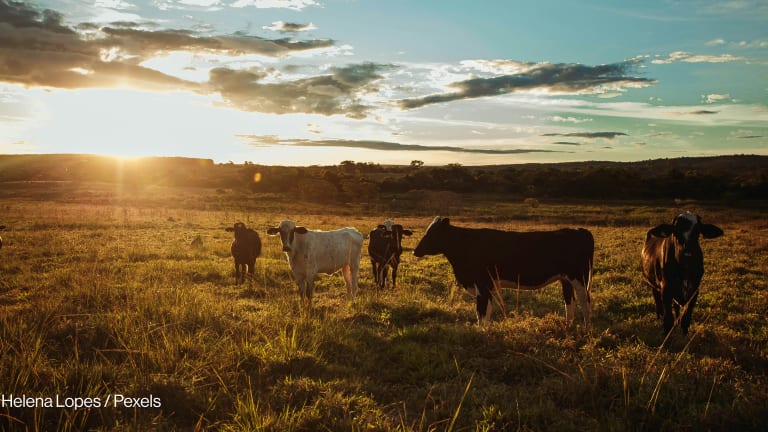What people eat, the way they eat, where, and with whom are all influenced to some degree by the culture around them; yet that link between food and culture is underexamined and underutilized amid a global food crisis, say experts. The Food Culture Alliance, which launched late last year, could change that.
“Food is part of the fabric of life. Fabric of life is our culture and ways of doing things,” explained Elaine Rush, a professor of nutrition at the Auckland University of Technology in New Zealand. Food culture is “rooted in personal beliefs, societal norms, and popular culture,” according to the Alliance, and is a driver in consumption patterns.
The consortium, launched in November of 2023, centers around using food culture in ways that haven’t been explored before to transform food systems. As it stands, the world has enough food to feed 10 billion people healthily and sustainably, but not if the current model stays in place.








